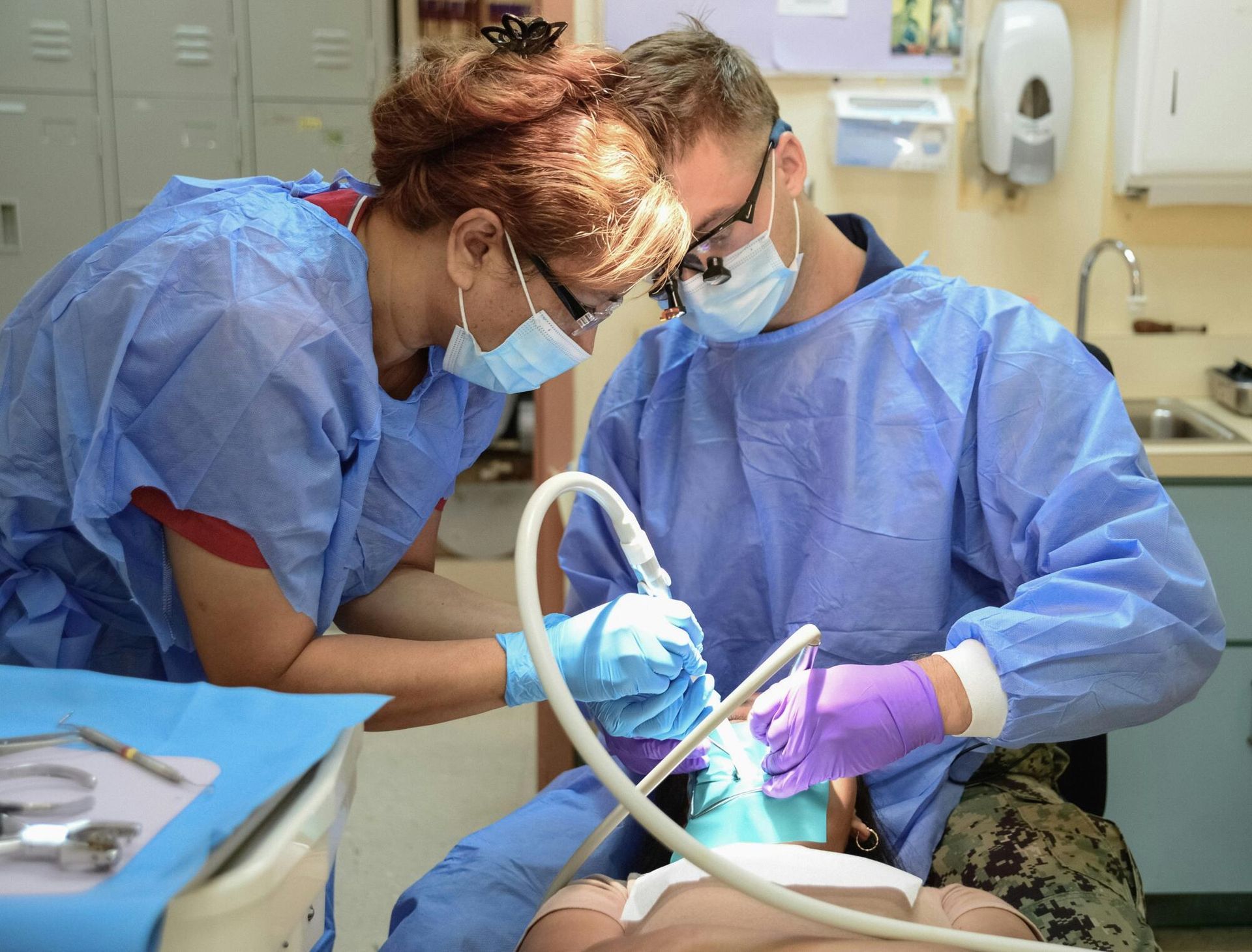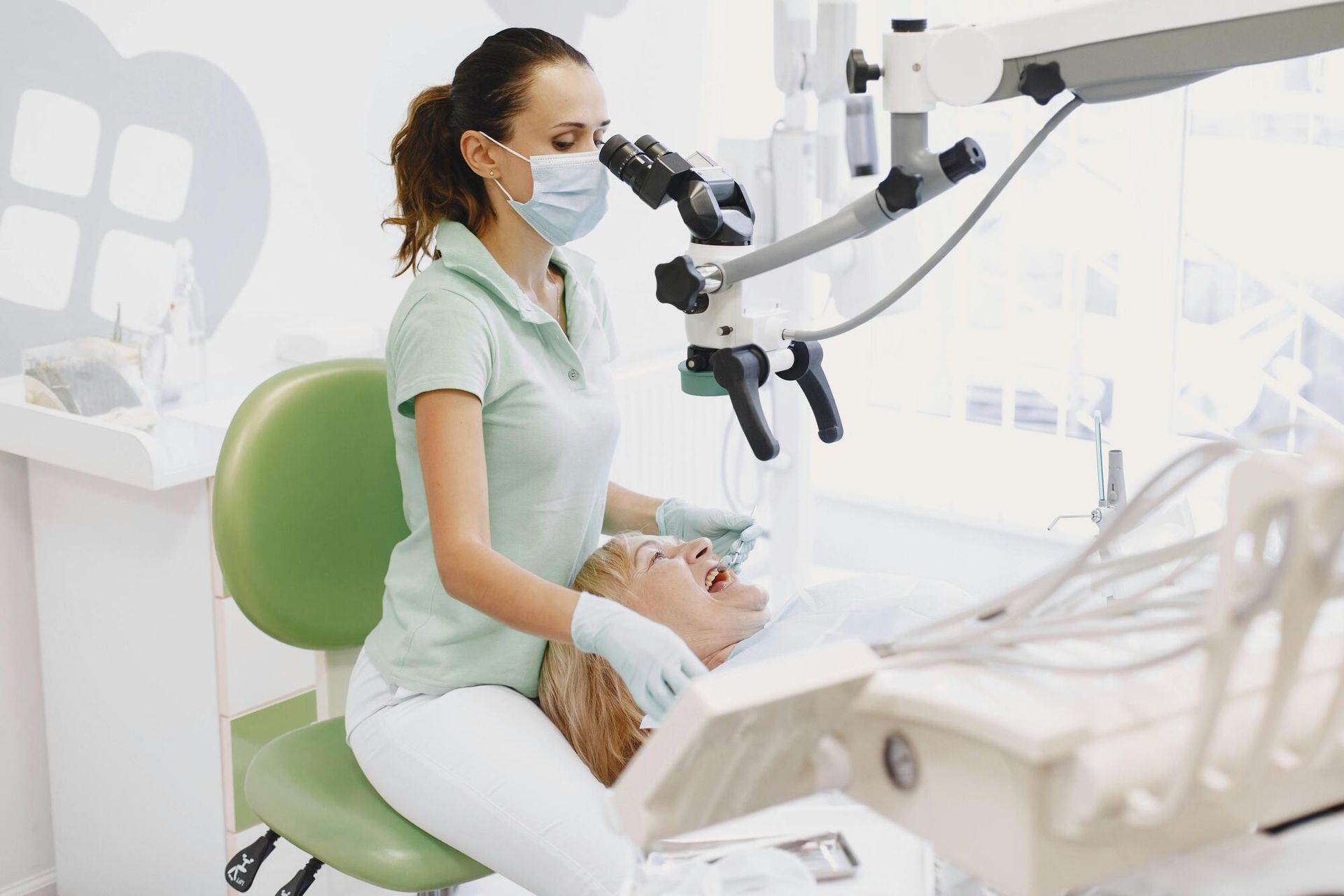TMJ and Migraines: What You Need to Know

In the US, a surprising 17.1% of women and 5.6% of men suffer from migraine symptoms. Migraines are three times more likely for women than men.
There are several different types of migraines, and migraine sufferers will tell you that it can be debilitating when one hit. It can impact their ability to function and carry on with life normally.
Several things can trigger a migraine for sufferers. There's now an exciting connection between those suffering from migraines and TMJ.
Wondering what TMJ is and how it could trigger a migraine? Read on to learn more about TMJ and the possible connections between TMJ and migraine headaches.
What Is TMJ?
TMJ stands for the temporomandibular joint. TMJ is a jaw joint connecting the jaw to the skull. The joint allows a person to open and close their jaw and move it from side to side.
If you feel the sides of your face, the TMJ joint is found on the side of your face just below your ears.
Some have started to use the TMJ abbreviation to refer to the health conditions associated with the TMJ joint. It is also referred to as TMJD, meaning TMJ disorders.
Many of these TMJ disorders can also lead to TMJ migraines.
TMJ Disorders
A TMJ disorder can trigger pain in the jaw area where the joint is located. It can also cause pain in other areas of the head and neck. The jaw muscles can be sore and feel tight when suffering from a TMJ disorder.
Several things can trigger a TMJ disorder.
One cause could be stress in a person's life. They feel the stress in their body, and this causes the jaw and surrounding muscles to tighten.
Teeth grinding and trauma to the jaw area also trigger TMJ disorders. Genetics and arthritis might also cause TMJ pain.
TMJ and Headaches Connection
Once you understand what TMJ is and how you might get pain, you can also start to make the connection to how TMJ might also cause a headache for a person.
The key connection between TMJ and headaches is the jaw muscle that wraps around the temporomandibular joint. When the jaw feels tension, it's likely felt in the temporalis muscle.
Many believe this muscle is key to the connection between TMJ and headaches. It is a muscle shaped like a fan that goes from the temporal bone and then circles under the cheekbone in a fan-like shape to attach to the mandible around the skull.
So, the connection is that when this temporalis muscle is stressed and tightens, it is felt in the head like a tension headache.
TMJ and Migraines
A migraine is a severe headache, often causing throbbing pain in the head and temple area. This is the same area where the temporomandibular joint and temporalis muscle are located.
TMJ disorders are often considered chronic. Similarly, migraines can also be chronic for some sufferers.
Many people who suffer from chronic migraines will have something that triggers a severe headache. It might be light, stress, or even something the person eats.
For migraine sufferers, there also seems to be connections to the TMJ disorders with chronic pain and those who suffer from chronic migraines.
Again, the key to making the connection is what is triggering a migraine for the sufferer.
What Does a TMJ Headache Feel Like?
TMJ headaches are sometimes misdiagnosed as simple tension headaches. Often, people with a TMJ disorder are jaw clenchers whose temporalis muscle is tight and triggers what feels like a headache.
TMJ headaches and tension headaches often feel the same way. TMJ headaches, though, often come with some other symptoms, too. These include:
- Lack of jaw mobility
- Ear pain
- Jaw pain
- Grinding or crackling noises when you move your jaw
- Redness, swelling, and tenderness at the TMJ joint
When a person has a TMJ headache that goes to a migraine, they also often have symptoms, including nausea, fatigue, light sensitivity, and dizziness.
Treatments for TMJ
There are several treatments to help manage TMJ pain. A physician or dentist might help determine what's triggering your TMJ pain.
Do you need to manage stress better, or is the TMJ a result of jaw trauma?
Some treatments for the pain associated with TMJ include over-the-counter, non-steroidal anti-inflammatory drugs. Icing the jawline can help to counteract swelling from TMJ pain.
It might help to eat soft foods while you have a TMJ flare-up and try to use the jaw for less hard chewing.
Long-Term Treatments
When you consider TMJ, the key to managing it long-term is to consider what's triggering it. Often, it's stress related, so looking at stress triggers is key.
Those who have TMJ issues because they grind their teeth and clench their jaw may need to see a dentist for assistance.
Seeing Your Dentist for TMJ
It's recommended to see your dentist in Burke, VA, to discuss your jaw pain. Often a dentist can look at what's happening with your jaw to help diagnose TMJ pain.
Your dentist will look at your jaw, how your teeth align, and your bite. One treatment a dentist might suggest is a night mouth guard. The mouth guard prevents teeth from grinding and causing TMJ pain. It also helps to relax the stress on the temporomandibular joint.
Find a TMJ Dentist in Burke VA
Chronic TMJ pain that also triggers migraines can severely impact your daily life. Knowing what is causing the TMJ pain so it doesn't lead to migraines is key to preventing it.
Seeing your dentist in Burke, VA, is a smart move in helping to ease the pain associated with TMJ. If you're suffering from TMJ pain and migraines, we can help. Contact us today to get an appointment and be evaluated for the pain you're feeling












